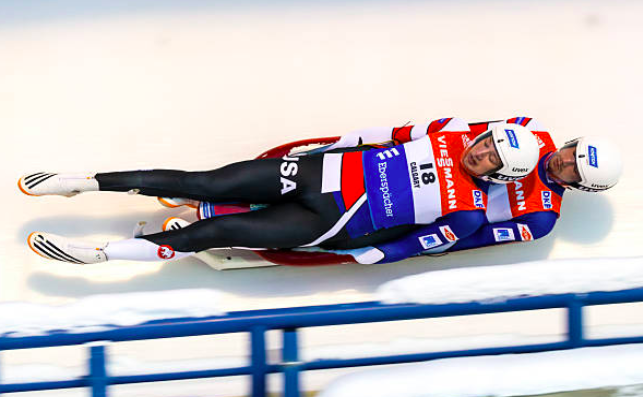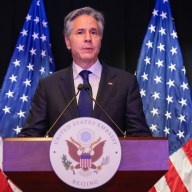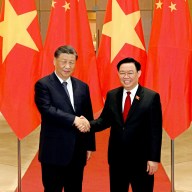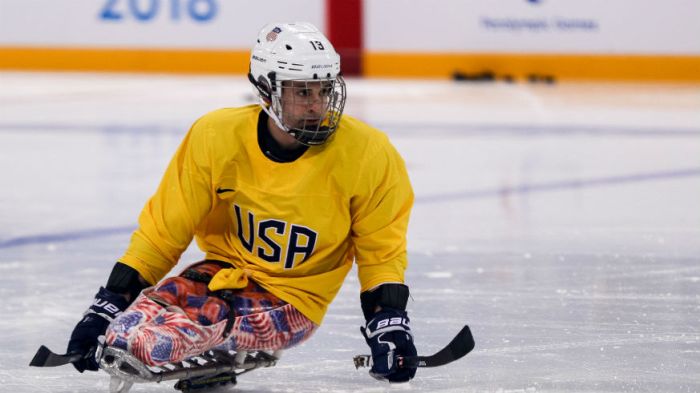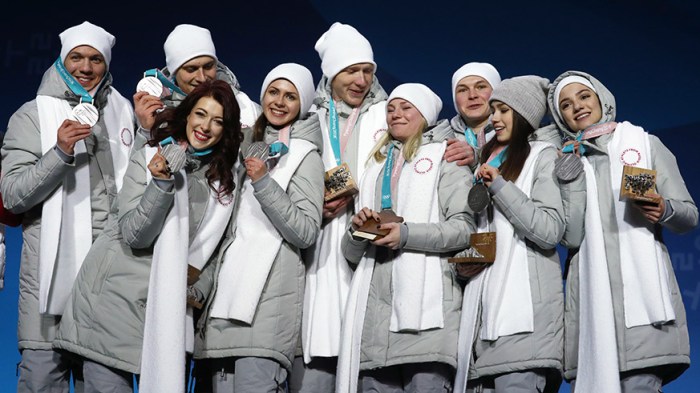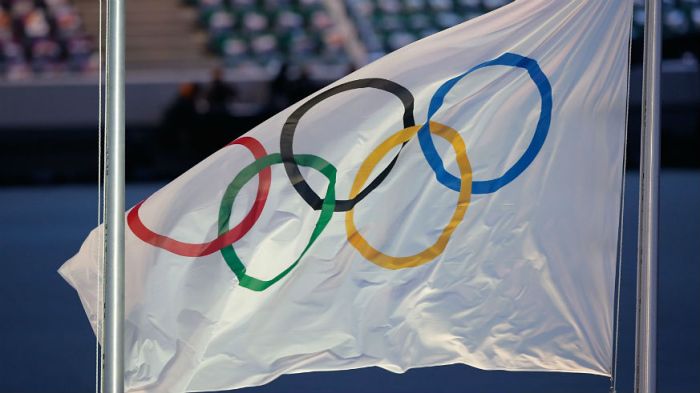How does a kid from the suburbs of Philadelphia find himself flying to Pyeongchang, ready to compete in the 2018 Olympic Luge competition?
Well, it’s part luck and part skill.
Luck, of course, that Fort Washington native Andrew Sherk found himself introduced to the sport to begin with.
“It’s definitely not a typical sports for someone in Pennsylvania to get into,” Sherk told Metro, via phone, as he prepared to sled in Latvia a couple weeks before flying to the games in South Korea. “There was a USA luge slider search in Fairmount park. You show up, you sign a waiver and they put you on a sled with wheels. They give you instructions, how to steer it and put you at the top of the hill. You weave in and out of cones, down hill and you go home and wait to get a letter, and I got the letter.”
Sherk was sure to point out that he had to try out twice to get the invitation to join the team and train in Connecticut. He was in seventh grade at the time.
Now 25, there is no bigger stage for a sledder than the Olympics, and the former Upper Dublin High student will be competing against the best in the world in front of the eyes of the world next week. And his sport requires more athleticism than people think — which is where the skill comes in.
“It’s funny because when most people see luge they see people going down an ice track and must be easy,” Sherk said. “Doing nothing at 80 miles per hour is a lot harder than you think. And the less you do the faster you go. If you see someone moving their legs it slows them down. You have to be in peak positioning from the start. It takes a lot of strength to move the sled down the ramp. There’s a lot that goes into it that people might not know.”
As in many other time-measured athletic pursuits, the slim margins of victory can be excruciating but also make the sport dramatic and fun to watch.
“I think we are all just kind of used to it,” Sherk, an Eagles fan who celebrated the team’s Super Bowl victory abroad, said. “It goes down to the thousandth sometimes. That’s equivalent to maybe an inch — when you’re going 80 miles per hour. You can be that close or that far away from a medal.”
Sherk competes in the doubles category, with partner Justin Krewson. The two did not wind up competing in Latvia due to a collision midweek that sidelined Krewson but they are expected to be good to go in Pyeongchang. But before that, Sherk has a bucket list item to scratch off.
“The opening ceremonies, I cannot wait,” he said. “I feel like that’s when it’s actually going to hit me. When we go through that opening in a stadium with tens of thousands of people cheering, it’s going to be an unreal feeling.”

